
"Audiences, especially young people, are more attached to movies that depict nostalgia and anxiety in life, which provides an outlet for them," said Zhang Yiwu.
In recent years, pressure has mounted for Chinese people in their 20s and 30s, a group that is facing ever stiffening competition on the job front and soaring living and housing costs in major cities like Beijing and Shanghai.
Domestic movies have opted to communicate with audiences, especially young people, by mirroring the pressures audiences face in real life, while most Hollywood blockbusters are still focused on surreal experiences, said Rao Shuguang, deputy director of the China Film Art Research Center.
Hollywood blockbusters screened in the first half included sci-fi blockbusters "Iron Man 3," "Star Trek Into Darkness" and "Man of Steel."
Professor Zhang said he believes that domestic films, led by those featuring contemporary storylines, have entered the best phase of development amid a burgeoning domestic market that is already the world's second-largest.
His view was echoed by Zhang Huijun, who forecast that the market share of domestic films could expand further in the second half.
However, Rao expressed less optimism about the outlook for the performance of domestic films, citing concerns about the variety and artistic quality of most domestic films.
Last year, 893 Chinese domestic films were shown in theaters, compared to only about 50 imported movies, including 34 Hollywood blockbusters.

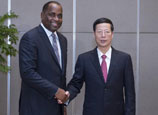


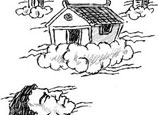



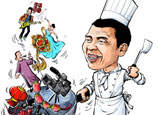
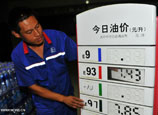
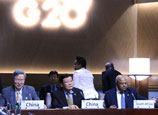






 Elder couples celebrate golden wedding anniversary in Hangzhou
Elder couples celebrate golden wedding anniversary in Hangzhou


![]()
